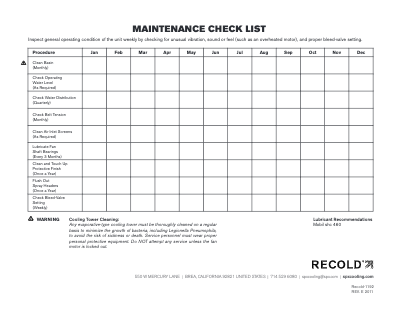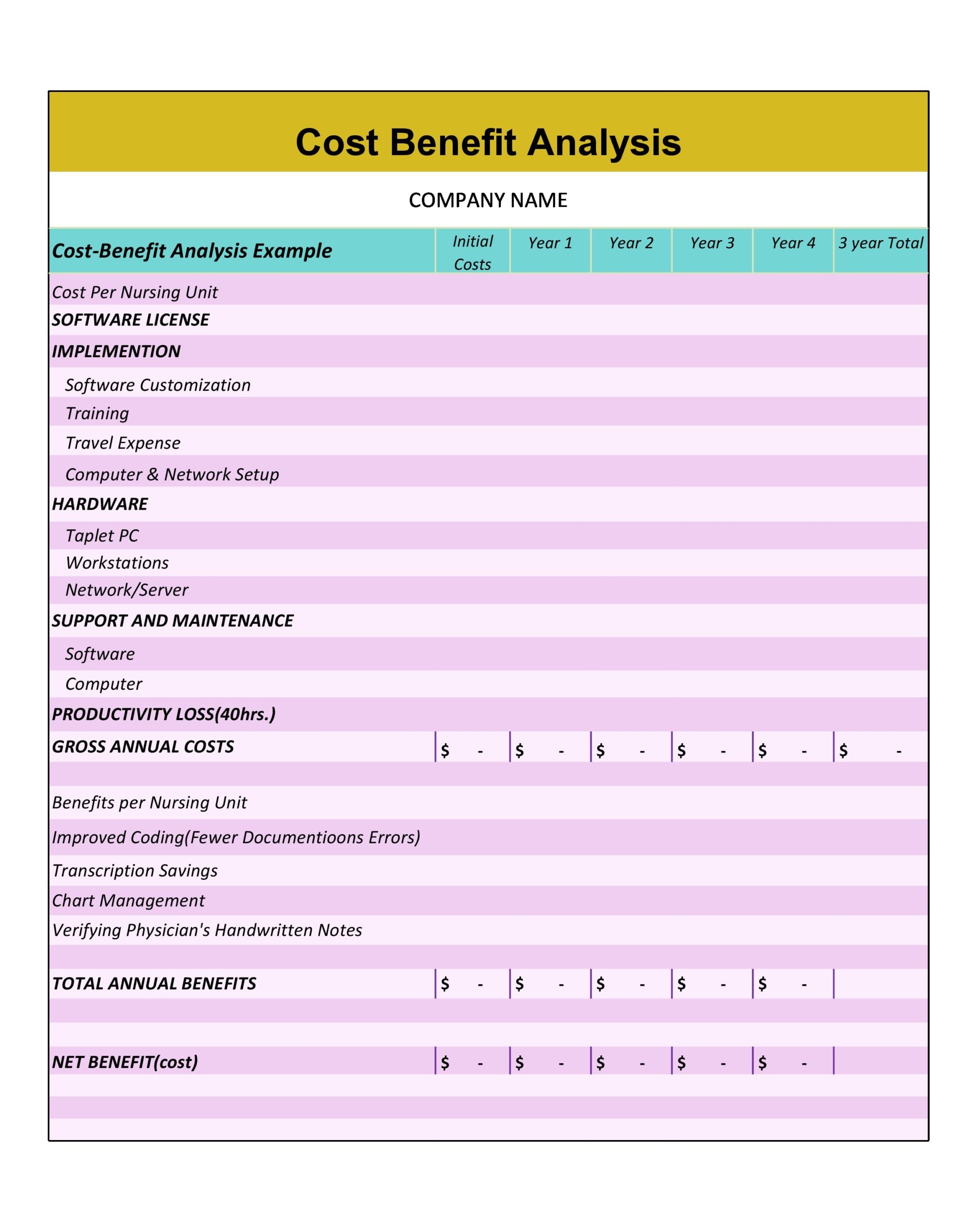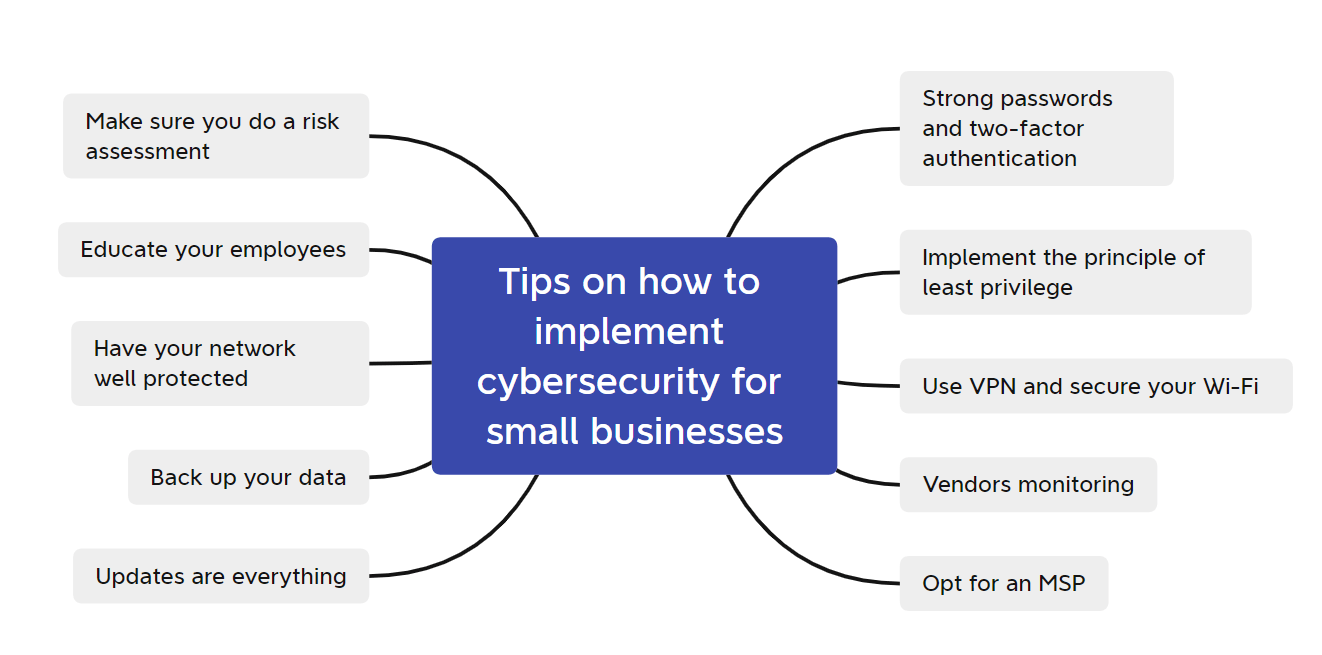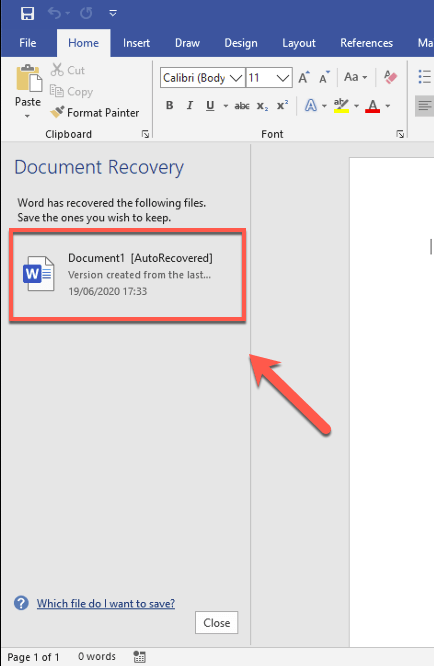Policies and procedures to control the maintenance of computer systems
Organisations use policies and procedures to ensure that technicians can maintain computer systems properly, safely, and without faults or errors, that they are maintaining the systems at the appropriate time, and that the maintenance checks are performed in a way that ensures everything is maintained correctly. The management team of the business will be in charge of making maintenance decisions, such as how frequently the systems should be repaired and at what time of day.
Organisational issues might affect and postpone regular maintenance inspections. For instance, there can be security concerns that need to be resolved before the system is even examined by the technician support for maintenance checks. The technician support team must take into account a variety of factors, in addition to security, to ensure that maintenance checks are carried out to a high standard while abiding by all policies and procedures. These factors include costs, system downtime, disruption, resource allocation, contractual requirements, trend analysis, and prioritisation.
Costs
The management team will set aside funds for system upkeep, and technicians will assist with any employee technology-related issues across all organisations. The money will then be divided among the cost of the Bolton IT Support staff, the established corrective and preventative maintenance methods, and any maintenance software or hardware that might be required.
The amount of maintenance hardware and software acquired for the systems, the number of technician support people hired, and what future maintenance processes can be implemented must all be compromised depending on the amount of funds the organisation obtains. This will depend entirely on the amount of funds Bolton College determines is required for regular maintenance.
Security
Throughout the business, security procedures are used to protect not only the hardware and data, but also the employees' reputations and livelihoods. To make sure that the college is as secure as possible, the policies include everything from locking up equipment and rooms to firewalls and virus protections. If the security is poor and the policies aren't being followed, the college will eventually suffer an attack, whether it's theft or internal malicious virus damage. To guarantee that attacks and breaches are kept to a minimal, the rules and processes must be put in place. Additionally, it helps to have all necessary security precautions in place, including monitoring, locks, alarms, firewalls, and antivirus software.
System downtime
Organisations of any kind cannot afford
to have any form of system downtime, as Bolton college is an educational
organisation, there must be scheduled maintenance tasks carried out at specific
times to keep system downtime as minimum as possible, an example would be to
make website changes in the middle of the night when most visitors would be
asleep. If this was done in the middle of the day for instance when students
had to upload there work or website uses, this could cause a lot of problems
resulting in frustrated students, delays and excuses where-as an update at
night would allow the website developers to make changes that can be tested and
assessed without an uproar of inconveniences that the downtime has caused to
people.
It is essential to avoid system downtime
for the business. As organisations supports a lot of computing
workstations rooms and portable systems, if there was a faulty system or
upgrades were needed then this could have a big influence on students learning,
the common types of policies that are needed to avoid these problems is for the technician support to work overtime or on weekends to apply long maintenance upgrades, or to
troubleshoot faults when the workstation classrooms aren’t being used.
Disruption
Workplace disruptions, such as equipment breakdowns, server outages, and system power outages, can have a negative impact on an organization's reputation and profitability. This means that disturbances must be managed immediately to prevent irate staff members and consumers from leaving and doing business somewhere else.
It's critical that the technician support institute practices to avoid disruptions. Disruptions must be maintained to a minimal because they can interfere with accessing systems and work. If ever there were data corruptions because of disruptions, procedures and features like auto backups and can sometimes save the lost work.
Resource
allocation
The proper allocation of resources must be done in order to avoid financial waste on the part of the organisation. There are numerous resources required by organisations, including pens, paper, computers, printers, peripherals, whiteboards, hardware, and software. Budgeting will need to be balanced carefully since if too much money is spent on one resource, other resources cannot be purchased.
Resources purchased will also need to be
researched. If the cost of a Logitech mouse is more expensive than a general
computing mouse but you’ve had five general computing mice that have broken in
the same time only one Logitech mouse has broken. Then investing in the better
quality and durable mouse will benefit Bolton college more saving the
organisation time having to search for replacements and money if the resources
are lasting a lot longer.
Trend analysis
With businesses, the technician support would review the records of maintenance and upgrade activities. If there are some common system faults or hardware failure that the technician support are used to seeing over time, it'll become more predictable when the equipment is likely to break or become unusable. Organizations collect and keep records of everything, including data, resources, incidents, maintenance, upgrades, etc. With businesses, the technician support would analyse the records of maintenance and upgrade activities. For instance, servers or workstations reach capacity on their system hard drives three months after the college first opens. Students and staff would then always need more memory in order to use the systems, or else they wouldn't be able to load particular programmes or save their work.
Prioritisation
Any organisation that wants to advance must prioritise; otherwise, it will lose money since its priorities are at the bottom of the list and it is moving backwards. In order to prevent additional problems from emerging from minor tasks that were improperly prioritised, it is crucial for organisations to set priorities in an effective and proper order.
Prioritisation would help the technician support because they would know which technical chores should be finished first. For instance, "you're going to have to put them all together into a list and prioritise them if there are classrooms with five computer systems that require updating, two computer systems that need repairing, and fourteen computer systems that need new software. It's possible that the technician support would start these upgrades first before going to fix the broken systems because the two computer systems that need updating and the fourteen that need new software have a higher priority.
The cons of prioritising tasks mean that the small jobs that are at the bottom of the priority list will be last to be completed. If additional prioritised activities are added to the list, they will be finished before the smaller chores, which will result in some tasks taking a very long time to complete.
Contractual
requirements
The hours that each employee of the company will be expected to work are specified in their employment contracts. The technician support team will be required to work overtime and weekends in order to complete maintenance tasks, upgrades, and system downtime because these times are the most convenient for any support team to apply maintenance and upgrades. In order to prevent employers from overworking employees or having them do too much work and maybe causing accidents, numerous laws have been placed in place requiring that employees get at least one day off each week and 11 hours of rest per day.











